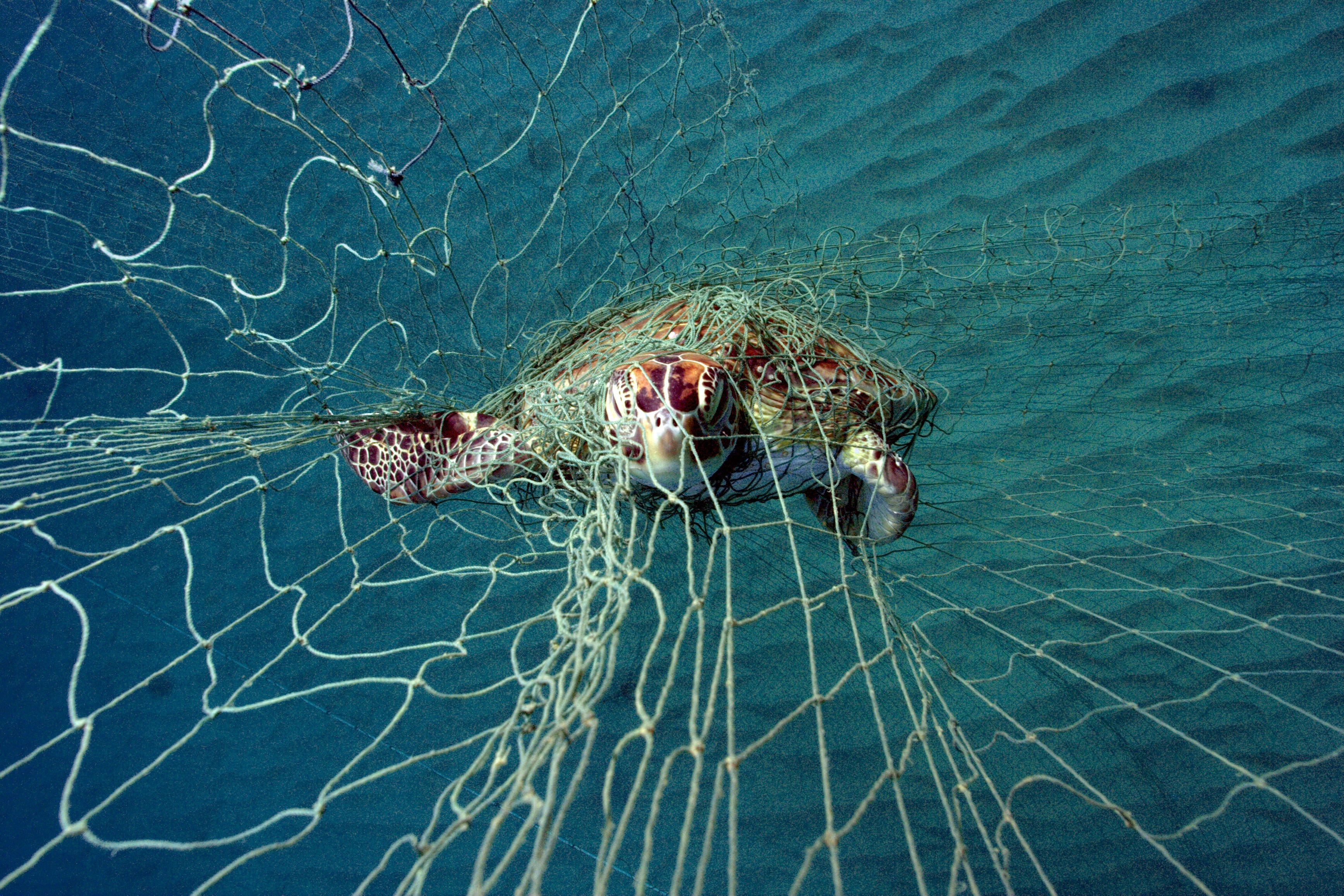Conservation efforts lending a helping hand to global biodiversity, study says
The decade-long research is the biggest of its kind ever completed.

Your support helps us to tell the story
From reproductive rights to climate change to Big Tech, The Independent is on the ground when the story is developing. Whether it's investigating the financials of Elon Musk's pro-Trump PAC or producing our latest documentary, 'The A Word', which shines a light on the American women fighting for reproductive rights, we know how important it is to parse out the facts from the messaging.
At such a critical moment in US history, we need reporters on the ground. Your donation allows us to keep sending journalists to speak to both sides of the story.
The Independent is trusted by Americans across the entire political spectrum. And unlike many other quality news outlets, we choose not to lock Americans out of our reporting and analysis with paywalls. We believe quality journalism should be available to everyone, paid for by those who can afford it.
Your support makes all the difference.Conservation efforts around the world are having a positive impact on our environment, a decade-long study has revealed.
Researchers spent 10 years reviewing efforts to protect nature around the globe and said conservation work is generally slowing a decline in biodiversity.
More than half of their research focused on Western Europe, North America, Australia, and New Zealand, observing flora and fauna and wildlife including seahorses, turtles, crocodiles, algae, coral, salmon and more.
The authors now say their long-running research, published in journal Science, is the “strongest evidence to date” that environmental intervention and conservation efforts are working.
“We have shown that across a full suite of conservation actions and intervention types, multiple levels and metrics of biodiversity, and over a century of action, conservation has improved the state of biodiversity, or at least slowed its decline, compared with no conservation action,” the study reads.
“Our calculated effect sizes are often large and positive, meaning that the outcomes from conservation actions are substantially better than no action at all.”
More than 44,000 species are deemed as facing the threat of extinction worldwide, as per the IUCN Red List of Threatened Species.
The study is the first of its kind and includes scientists from dozens of research institutes.
In total, they reviewed 665 trials of conservation measures, with some dating from as far back as 1890.
Researchers also studied efforts in different countries and oceans and across species types, finding intervention efforts had had a positive effect in two out of every three cases.
Executive vice-president of environment charity Re:wild and co-author of the study Dr Penny Langhammer told BBC News: “If you read the headlines about extinction these days, it would be easy to get the impression that we are failing biodiversity, but that’s not really looking at the whole picture.
“This study provides the strongest evidence to date that not only does conservation improve the state of biodiversity and slow its decline, but when it works, it really works.”
She added: “One of the most interesting findings was that even when a conservation intervention didn’t work for the species that it was intended, other species unintentionally benefited.”
According to the study, more than 121 billion dollars are invested annually in biodiversity conservation worldwide.